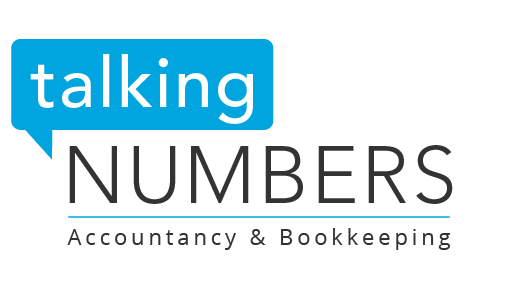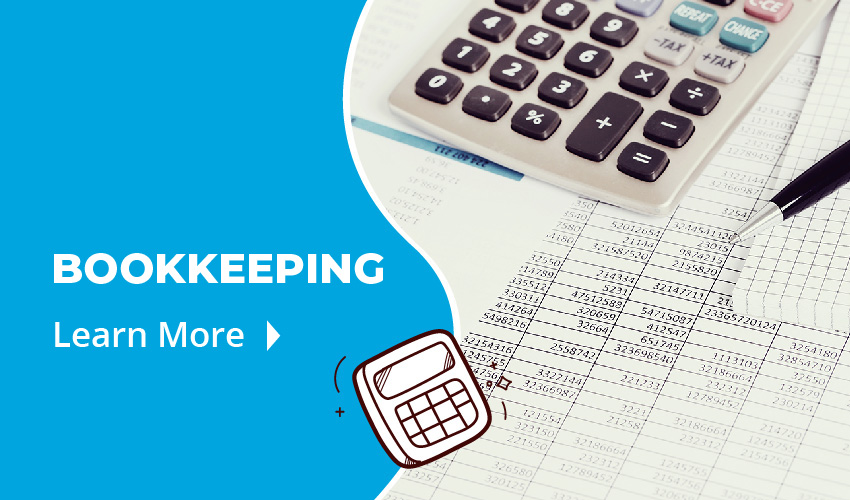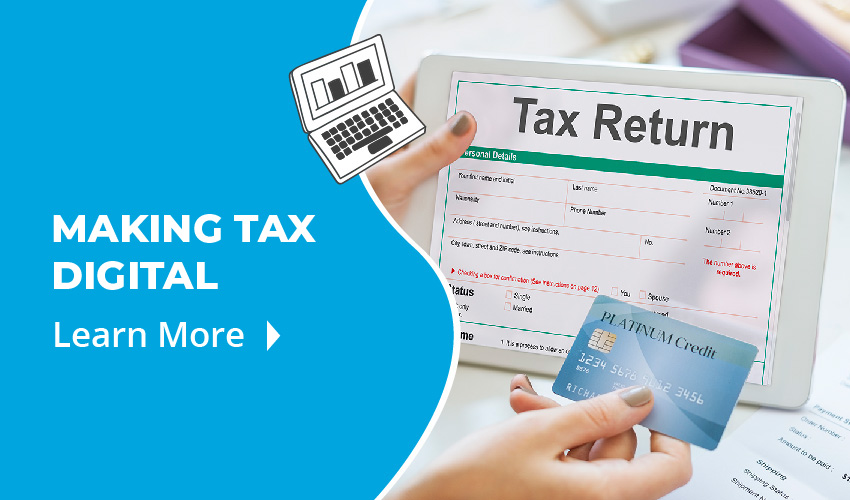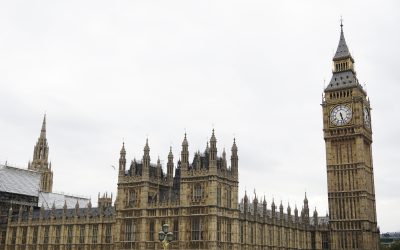
The UK Government’s Chancellor, Jeremy Hunt, delivered his Autumn Statement to the House of Commons on 22nd November 2023. In his speech, he announced major changes to National Insurance and extensions to Corporation Tax reliefs.
There’s a lot to unpack, but we’ve set out the most important points below. All changes will come into effect from 6th April 2024 – the start of the new tax year.
Income tax
Surprisingly, there were no major changes to income tax in this statement.
The Chancellor previously froze the personal allowance last year at £12,570 until 2028. This is the amount that each person can earn before they pay income tax. There were no changes to ther personal allowance.
The Scottish Government have control over income tax rates and bands for Scottish taxpayers, for all income other than savings and dividends. Any changes to the Scottish income tax rates and bands will be announced by the Scottish Finance Secretary, Shona Robison, when she delivers her budget to MSPs at Holyrood in December.
NICs
The main changes in this statement were to National Insurance for both employees and the self-employed.
Primary Class 1 National Insurance Contributions are paid by employees and employers on a proportion of income. Employees require 35 full years of National Insurance Contributions or credits to get the full State Pension when they retire. The rates of national insurance for employees were previously 12% on earnings between £12,571 and £50,271, and 2% on earnings above £50,271. The Chancellor announced today that… the main rate of Class 1 National Insurance for employees will reduce from 12% to 10% from 6th January 2024. Someone earning £35,000 per year will save around £450 per year as a result of this change.
Secondary Class 1 National Insurance Contributions are paid by employers on their employees’ earnings. Small employers may be able to claim the Employment Allowance to reduce their employers’ National Insurance bill.
Self-employed people pay Class 2 National Insurance Contributions at a flat rate per week. This rate was £3.45 per week for 2023/24. The Chancellor announced today that compulsory Class 2 National Insurance will be abolished from 6th April 2024.
They also pay Class 4 National Insurance Contributions as a percentage of their profits. The rate for Class 4 National Insurance will be reduced from 9% to 8% from 6th April 2024.
The cuts to Class 2 and 4 National Insurance will save self-employed people around £350 per year, according to the Chancellor.
VAT
The Chancellor made no changes to VAT in this statement.
Corporation tax
Corporation tax – paid by companies on profits – increased to 25% on 1 April 2023, for companies with profits over £250,000. Companies with profits between £50,000 and £250,000 can claim marginal relief to reduce their corporation tax bill, meaning that they pay a rate of somewhere between 19% and 25%. Companies with profits of less than £50,000 pay tax at the small profits rate of 19%.
The Chancellor announced “full expensing” in his Spring Budget earlier this year. This allows companies to claim 100% relief on new qualifying plant and machinery against their corporation tax bill. This relief was originally planned to end on 31st March 2026, but today the Chancellor confirmed that this would become permanent.
Companies can also take advantage of the Annual Investment Allowance (AIA) of up to £1 million per year, which is similar to full expensing but extends to second hand plant and equipment too. This relief is available to unincorporated businesses as well (eg sole traders).
The Chancellor also announced reforms to R&D schemes to reduce tax burden on loss-making companies, and to simplify the regime.
Inheritance tax
Despite speculation in the media, there were no changes to Inheritance tax in this statement.
Pensions & Benefits
There was a commitment to a consultation on allowing employees to require an employer to pay into an existing pension scheme, making it easier for employees to maintain fewer small pots.
Benefits including Universal Credit are to increase by 6.7%, which is higher than the rate of inflation for October which was 4.6%.
It was also announced that the State pension will increase by 8.5% from 6th April 2024.
Talking Numbers Accountancy and Bookkeeping can help you to understand what this means for you. Tax doesn’t need to be taxing – we can help you understand your numbers and ensure that you are taking advantage of all available reliefs and allowances. Get in touch today for a free, no-obligation consultation.
















